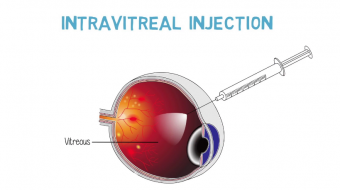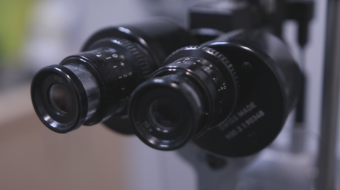Welcome to our complete collection video-based health and wellness resources. All our videos are presented by actual doctors, allied and alternative health practitioners, wellness coaches and health specialists. Our 1,500HD videos cover over 160 health and wellness categories, offering you quality, unbiased information on medical conditions, treatments and healthy living. You can search for topics or find videos by browsing our topics or based on the type of practitioner you're looking for.
Practitioner Types
Learn from the experts
Intravitreal Injections - The Procedure
The intravitreal injection procedure consists of freezing the eye and sterilizing the eye—those are the first steps. Your doctor may put in your eye a lit speculum that holds the lids open. After some time they will inject the eye with medication that is required, remove the speculum, they may rinse the eye, and the procedure itself is over.
Are There Risks Associated With Intravitreal Injections?
The risks of intravitreal injections are many, but fortunately, 99.9% of the time people do very well with the injections. They have good results, and they’re happy with the results.
Sometimes there are risks, as with anything in life, there are risks. And they can be as extreme as blindness, but fortunately, that’s rare. For those that can’t have intravitreal injections, for example in pregnancy are not recommended. For those people it is better then to have laser treatment.
Vitrectomie pour la rétinopathie diabétique proliférante
La rétinopathie diabétique implique deux possibilités : l’oedème maculaire ou la prolifération des vaisseaux qui peuvent saigner ou causer une traction sur la rétine et devenir un décollement de la rétine. Les patients avec une rétinopathie diabétique doivent être suivis par leur optométriste, ophtalmologiste et fréquemment par un spécialiste en rétine médicale. Votre ophtalmologiste peut déterminer si vous avez besoin d’une chirurgie de la rétine.





